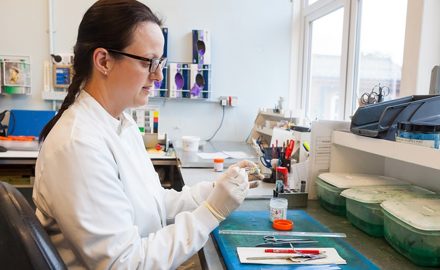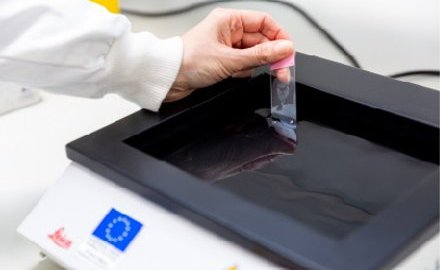Medical examiners
Medical examiners are senior medical doctors who are contracted for a number of sessions a week to provide independent scrutiny of the causes of death, outside their usual clinical duties. They are trained in the legal and clinical elements of death certification processes. The purpose of the medical examiner system is to:
- provide greater safeguards for the public by ensuring independent scrutiny of all non-coronial deaths
- ensure the appropriate direction of deaths to the coroner
- provide a better service for the bereaved and an opportunity for them to raise any concerns to a doctor not involved in the care of the deceased
- improve the quality of death certification
- improve the quality of mortality data.
The College is the lead medical royal college for medical examiners and plays a key role in the training of medical examiners and medical examiner officers, as well as working closely with the National Medical Examiner on implementation of the service.











